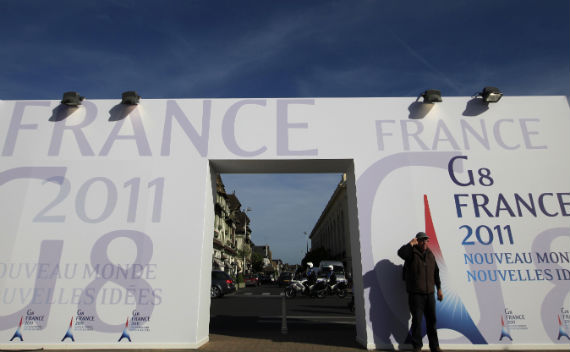The G8 and Africa
By experts and staff
- Published
By
- John CampbellRalph Bunche Senior Fellow for Africa Policy Studies

World leaders descended on Deauville, France today for the start of the 2011 G8 meeting. The press has reported that topics of discussion could include the Arab Spring, nuclear security, and the situation in Libya. My colleague Stewart Patrick has more to say about the G8’s role in recent years.
The 2011 meeting also claims to place a renewed emphasis on Africa. (The Africa related meetings are supposed to take place tomorrow.) Of course, sub-Saharan Africa is hardly a new topic for the G8. For instance, the 2002 Kananaskis meeting resulted in the creation of the Africa Action Plan, and many of the subsequent sessions that have also focused on economic assistance and the New Partnership for African Development (NEPAD).
However, tomorrow’s sessions on Africa may mark a shift in a new direction: governance and democracy. Doubtlessly, the discussion will include conflict hot spots such as Somalia and, given recent developments, Sudan. However, a recent AFP report suggests there will be new attention paid to elections, as reflected by the new invitees from the continent: Alpha Conde of Guinea, who came to power in December 2010; Mahamadou Issoufou of Niger, winner of a runoff election in March 2011; and Alassane Ouattara of Ivory Coast, fresh on the heels of his official inauguration in Yamoussoukro last weekend. Leaders from South Africa, Ethiopia, Senegal, and Nigeria are also set to attend the meetings.